Are we losing some things with instant coffee that we would get from brewed coffee? A quick review of how instant coffee is made will better answer this question.
How Instant Coffee Is Made (And What Is Lost From Ground Coffee)
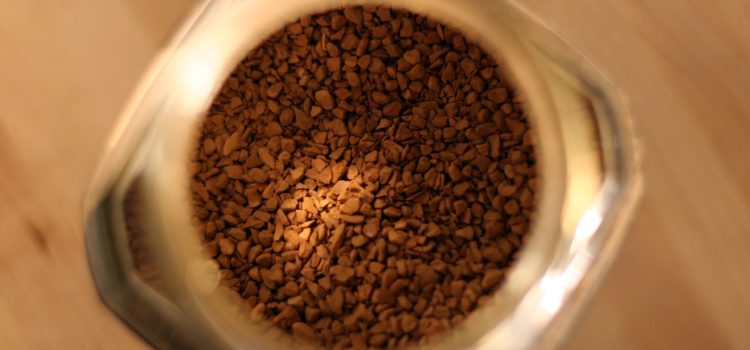

Are we losing some things with instant coffee that we would get from brewed coffee? A quick review of how instant coffee is made will better answer this question.
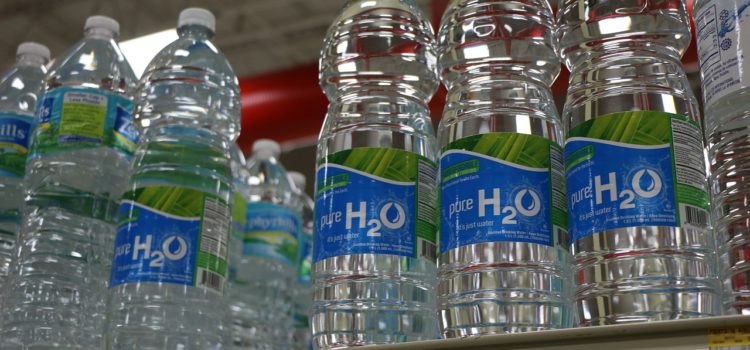
The interest in the use of ozone in food processing has grown significantly in recent years— from environmentalist to consumers.
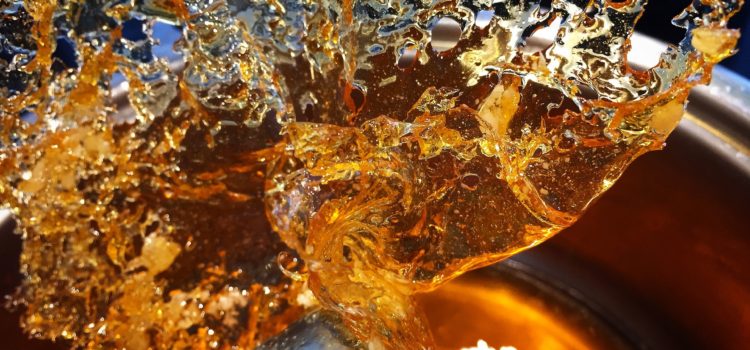
This article is about the science behind caramelization, a very complex process that occurs in food.
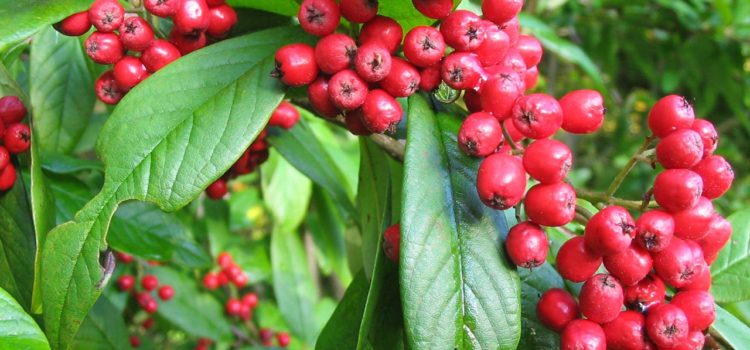
Sorbic acid as a preservative, (and its salts, sodium sorbate, potassium sorbate, and calcium sorbate) is one of the most commonly used in foods. Some of its applications include wines, cheeses, fruit juices, meat and fish products. Sorbic acid also has its
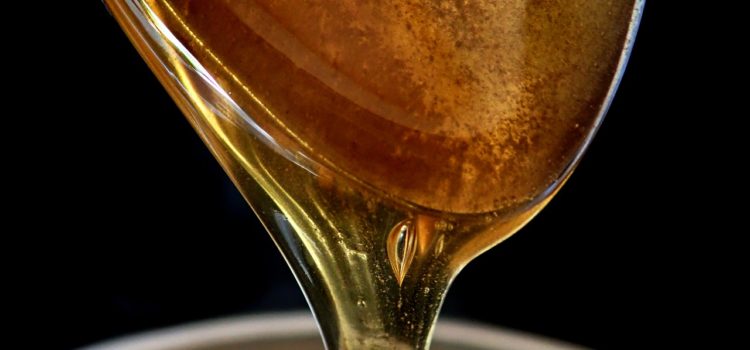
It’s true that honey as a very long shelf life.What’s so different with honey that expiry dates seemingly do not apply to it?
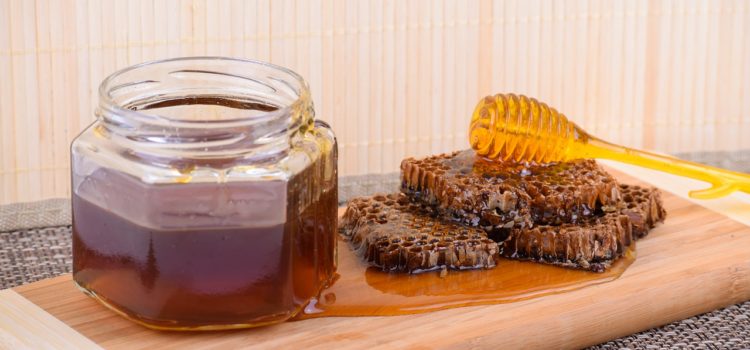
This article discusses water activity, its influence in the shelf life of food, and ways of lowering it to promote food safety
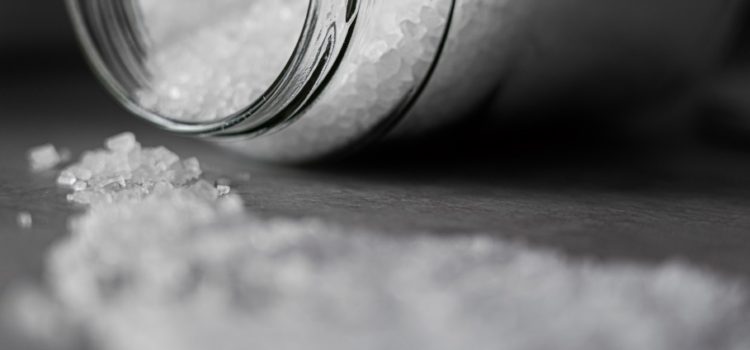
Years of research has led us to better understanding on how salt works in food. We no longer add salt merely as a flavor enhancer and antimicrobial agent. Here are the 5 main functions of salt in food.
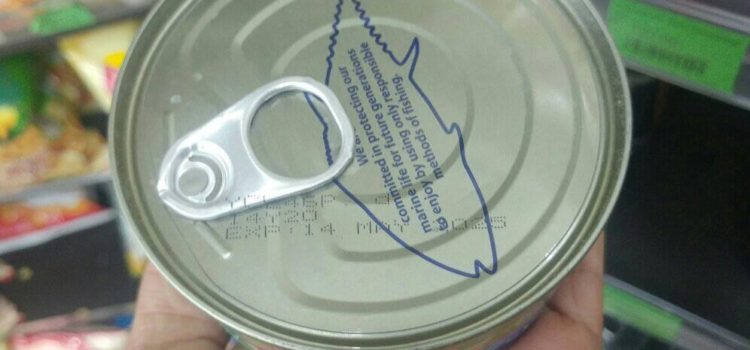
Better understanding of date labels of food products minimizes food waste. Here is the difference between best before date and expiry date
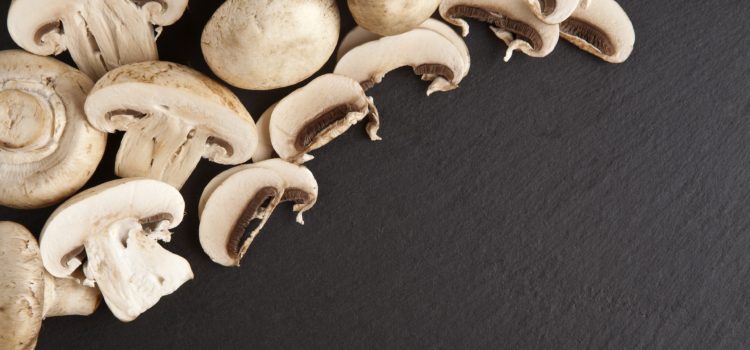
Mushrooms have a high moisture content. For this reason, they need an environment of high humidity. Here’s how.
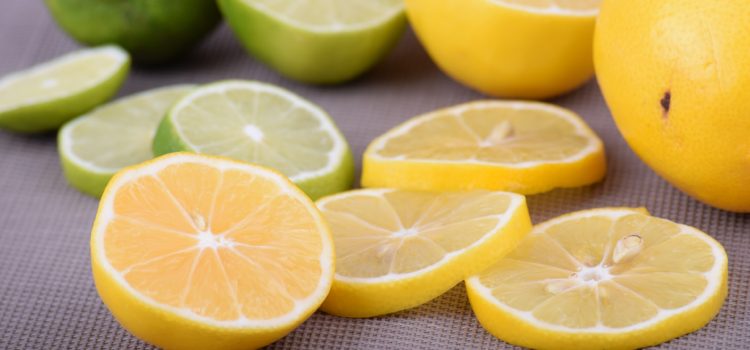
Citric acid is one of the most important additives in food manufacturing because of its wide range of applications.